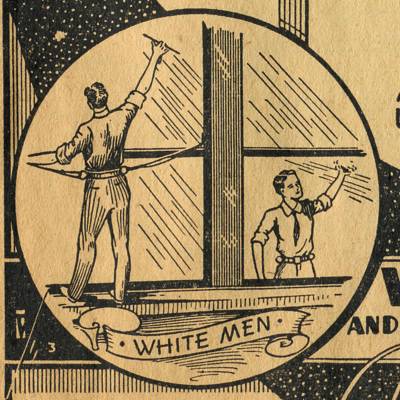All in all, it really only took me about an hour, and even that seemed to go by quickly. Cobb County, Georgia uses a touch-screen process for counting the votes, and the ballot was pretty self-explanatory, so there were no big delays or hang-ups in the voting line.
For the record, if you care, I selected John Kerry over George Bush and Denise Majette over Johnny Isakson. I voted "no" on a constitutional amendment to ban gay marriage, and just to shake things up a bit, I selected the Libertarian candidate for Public Service Commissioner. What the hell.

The effort to vote makes me really appreciate the Swiss, who vote something like 15 to 25 times a year. Swiss democracy works from the bottom up. Starting at the lowest level, Switzerland's 2,800-odd communities each elect their own parliaments or have traditional community assemblies. The communities are responsible for local schools, social services, energy supply, roadbuilding and such like — mostly modest stuff. The next tier up consists of the cantons, the original states that formed the Swiss federation. Each has its own constitution, parliament, government and courts, and each is responsible for a wide range of services, from education to policing. The top, federal, tier is responsible for such things as foreign and security policy, national legislation, and customs and currency matters.
But in addition to voting in separate federal, cantonal and communal elections, the Swiss also vote in federal referendums on specific issues three or four times a year, as well as in cantonal and communal ones. Adding all these obligations together, this means they may have to go to the polling station (or cast their vote by mail) every few weeks to decide on anything from building a local bypass to joining the UN.
All this direct democracy is hard work for Swiss voters. Ahead of any referendum, they are supposed to read piles of documents to inform themselves about the issue. Some referendum campaigns are sponsored by interest groups that spend a good deal of money on publicizing their cause. Some of the subjects may be of no great interest to particular voters, others may be too technical to be readily understood.
In recent years Swiss voters have been getting less enthusiastic about doing their civic duty. In federal elections turnout has declined to around 45%, from 80% a century ago, and in federal referendums it is now around 40%, rather than the 50-70% it averaged in the first half of the 20th century. In cantonal and local votes even fewer people turn up. None of this means, though, that the Swiss have gone off the whole idea of direct democracy. Considering how often they are expected to cast their vote, an average turnout of 40% still seems pretty remarkable.
And makes my one-hour effort pretty inconsequential.
I'm off right now to, of all places, Washington D.C. Nothing to do with the election, but I have a company meeting in Arlington, VA tomorrow morning, and there was nothing I could do to avoid flying to D.C. today. I'm not wild about going there on Election Day, but at least the alarms over terrorist disruptions, which were probably just an attempt to scare voters anyway, have died down. I return (hopefully) Wednesday night.

No comments:
Post a Comment